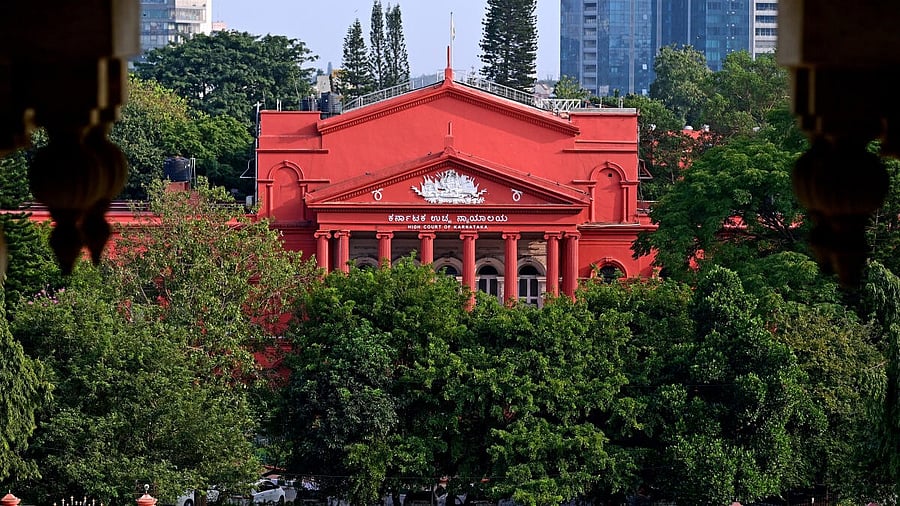
Karnataka High Court
Credit: DH Photo
Bengaluru: The Karnataka High Court directed the Karnataka Public Service Commission (KPSC) to conduct main examinations for Group A and B posts anywhere in Kalaburagi only to accommodate a woman candidate who is at her advanced stage of pregnancy. Justice Chillakur Sumalatha gave this direction while disposing of the petition filed by one Mahalaxmi.
“Our country is spending crores of rupees for conducting elections and bye-elections, if required. Due to lack of planning and vision, public money is frequently put to waste. But, here is a case, where the state submits before this court that it cannot spend money to conduct examinations for a deserving candidate. The makers of the Constitution, considering the fact that women require special treatment, have envisaged under Part III of the Constitution certain privileges exclusively for women,” Justice Chillakur Sumalatha said.
The petitioner had appeared for the preliminary examination for Group A and B posts and had got eligibility to write the main examinations. By the time the main examinations were announced, the petitioner had become pregnant. The KPSC scheduled the main examinations, to be held between April 15 and 19, at centres in Bengaluru and Dharwad. The petitioner moved the court contending that she was taking treatment at Kalaburagi and the doctors advised her not to travel.
On the other hand, the KPSC submitted that it cannot take up the hectic exercise of conducting the examination at Kalaburagi for the convenience of a single candidate. It was further submitted that the examinations are conducted with strict security and under CC camera surveillance and that it has already made arrangements for conducting the examination in Bengaluru and Dharwad.
Justice Chillakur Sumalatha noted that though employment is not a fundamental right, the right to livelihood is guaranteed under the Constitution. The court said that the petitioner is not in a position to travel either to Dharwad or to Bengaluru all the way from Kalaburagi.
“Denial of opportunity to the petitioner certainly amounts to violation of her fundamental rights guaranteed under Articles 14, 15 and 16 of the Constitution of India. The petitioner is not requesting the court to permit her to write examinations at a place where there are no public offices, no electricity supply or where CC cameras cannot be arranged. Where there is a necessity to arrange CC cameras, they are being arranged immediately to protect law and order and situations alike. Therefore, this court is of the view that the state cannot deny taking responsibility to conduct examination to the petitioner at the city where she stays in the light of the justifiable grounds she projected,” Justice Chillakur Sumalatha said.